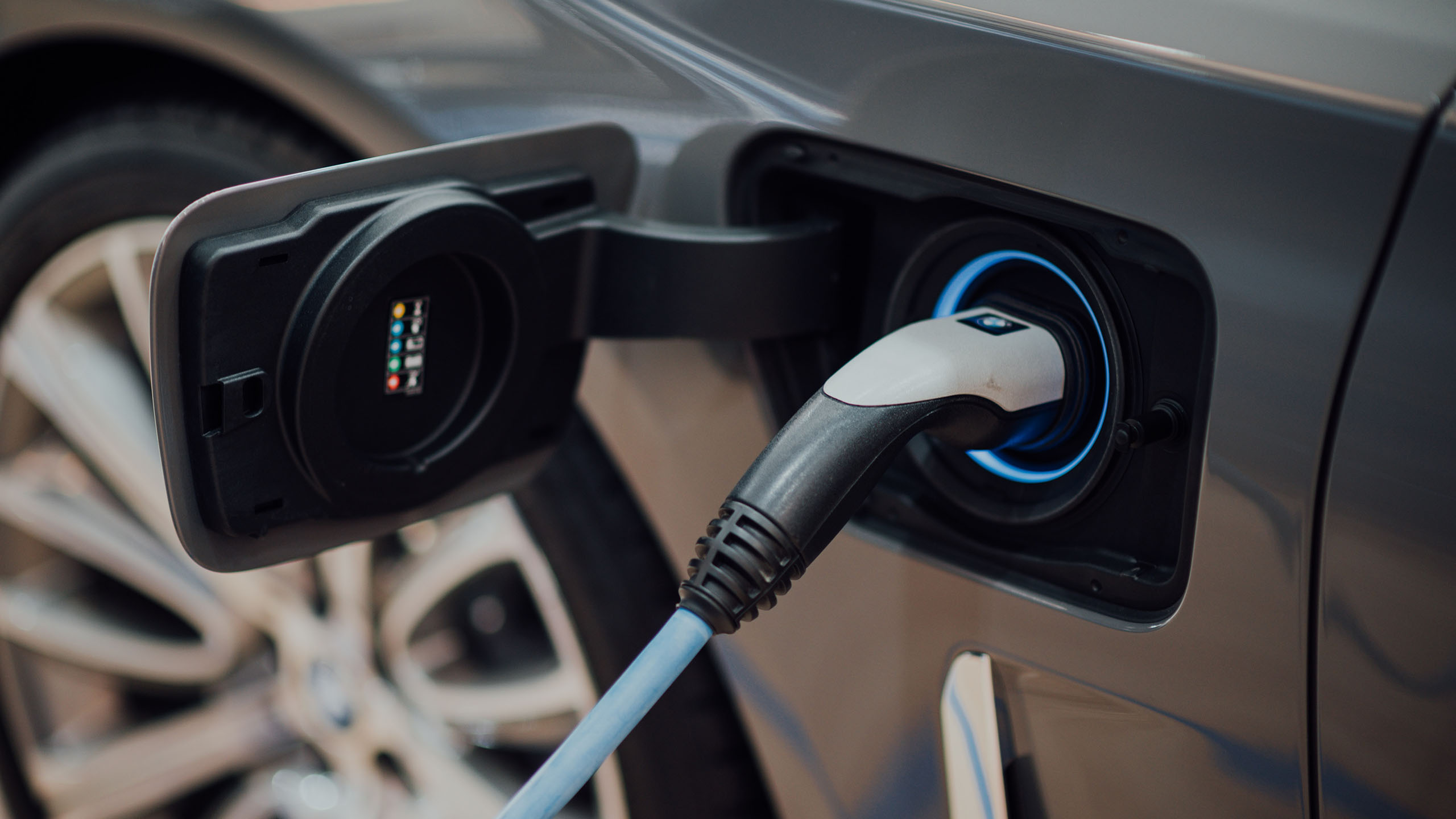How Much Does it Cost to Recharge an Electric Car With Solar Power?

In recent years, environmental awareness has grown significantly, and people are becoming more conscious of their carbon footprint. As a result, electric vehicles (EVs) are increasingly being chosen over conventional petrol or diesel-powered cars. Although still a relatively new concept, EVs are gaining traction, yet many potential buyers still have lingering questions about their functionality.
For example, can you power an electric car with solar energy? And if so, what would it cost to recharge an EV using solar panels? Electric vehicles rely on electricity, which naturally leads to the possibility of powering them via renewable sources like solar energy.
Let’s explore a few key aspects of electric vehicles, starting with whether it's a worthwhile investment.
Is It Worth Investing in an Electric Car?
One major advantage of owning an electric car is the reduced running costs. Electricity is generally cheaper than petrol or diesel, and EVs typically require less maintenance compared to internal combustion engines (ICE). This makes them a more economical choice in the long term.
But how much does it actually cost to recharge an electric car? When calculating electricity costs, it’s important to think in terms of pence per kilowatt-hour (kWh) rather than per litre. A kWh represents using 1,000 watts of electricity in one hour. In electric vehicles, the 'tank' essentially measures capacity in terms of kWh, with larger capacities requiring larger batteries.
Tesla currently offers the largest battery size on the market, and their Supercharger Network provides free charging for Tesla owners across the UK. Additionally, there are various incentives, grants, and government programs that might be beneficial, such as exemptions from Vehicle Excise Duty and Fuel Duty.
You can charge an electric car in multiple ways depending on your needs and circumstances.
The cost will vary based on the method and location of charging.
Charging at Home
What does it cost to recharge an electric car from home? Charging your vehicle overnight at home is often the most convenient and cost-effective option. By doing this, you ensure your car is fully charged and ready for use the next day.
You can save money by choosing an energy tariff tailored for EV users. Energy prices fluctuate, but according to Ofgem, the average household electricity rate in the UK is around 28p per kWh. For someone driving 8,000 miles annually in an electric car, this could add up to approximately 2,800 kWh on their utility bill.
If you're interested in exploring how solar energy could be the perfect solution for charging your electric vehicle, feel free to reach out to our friendly team of experts for guidance.
Â
Charging at Work
How much does it cost to recharge an electric car at your workplace? The answer depends largely on your employer’s stance on sustainability initiatives.
Many modern employers are embracing eco-friendly practices and are installing workplace charging stations. Often, these are offered free to employees as an incentive. Other organizations may charge a fixed fee for workplace charging, while some might operate on a time-based tariff.
Â
Public Charge Points
Thanks to the UK government’s commitment to allocate £500 million over the next few years to expand the EV charging infrastructure, more public charging points are appearing nationwide. Their goal is to ensure that no EV driver is ever more than 30 miles away from a rapid charging station.
How much does it cost to recharge an electric car at a public charge point? Prices vary depending on the network and location. Many local councils offer pay-as-you-go on-street chargers.
Public charging stations come in different forms. Some are located at supermarkets with slower charging times (such as Pod Point chargers), while others are found in car parks or motorway service areas for faster charging.
Pod Point rapid chargers at Lidl cost 23p/kWh and at Tesco 24p/kWh, which amounts to roughly £6-7 for 30 minutes of charging or about 100 miles of range. At motorway service stations, rapid chargers typically cost around £6.50 for a 30-minute, 90-mile charge (based on 50kW charging, with 3.5 miles per kWh).
The Tesla Model S 100D currently boasts the largest battery capacity on the market (storing 100 kWh). At 24p per kWh at a Tesco charger, filling this battery would cost £24.00, providing roughly 335 miles of range.
Today, several smartphone apps are available to help locate nearby charging stations. These apps allow you to view the locations, pricing, and availability of charging points. Most of these apps are free to download.
In addition to smartphone apps, RFID electric vehicle charging cards are provided by many UK public EV charging networks. These cards work with older charging stations, while newer stations are compatible with mobile apps.
Â
Recharging Your Car with Solar Power
Of course, there’s always an alternative approach to charging your EV. If you’re looking to take sustainability a step further, using solar energy to recharge your electric vehicle is a great option. But how much does it cost to recharge an electric car with solar power?
The cost depends on factors such as the size of your solar system and your specific needs. For a personalized estimate, contact us here at Project Solar, and we’ll be glad to assist you in embarking on your solar-powered journey.
Automobile Stabilizer Link,Front Stabilizer Link,Front Stabilizer Bar Link,Sway Bar Link
Ningbo Yongxin Auto Parts Co., Ltd. , https://www.yongxinautoparts.com